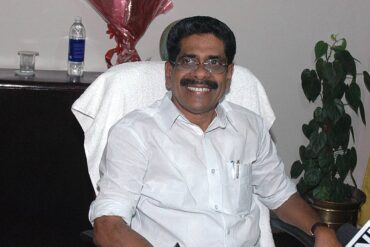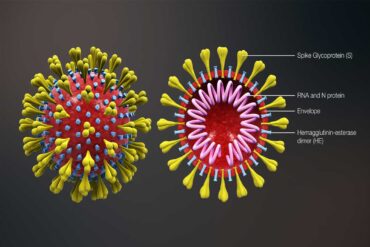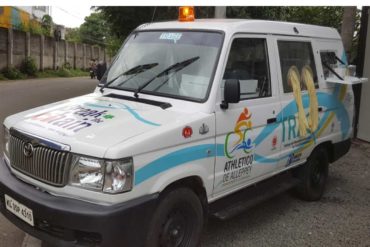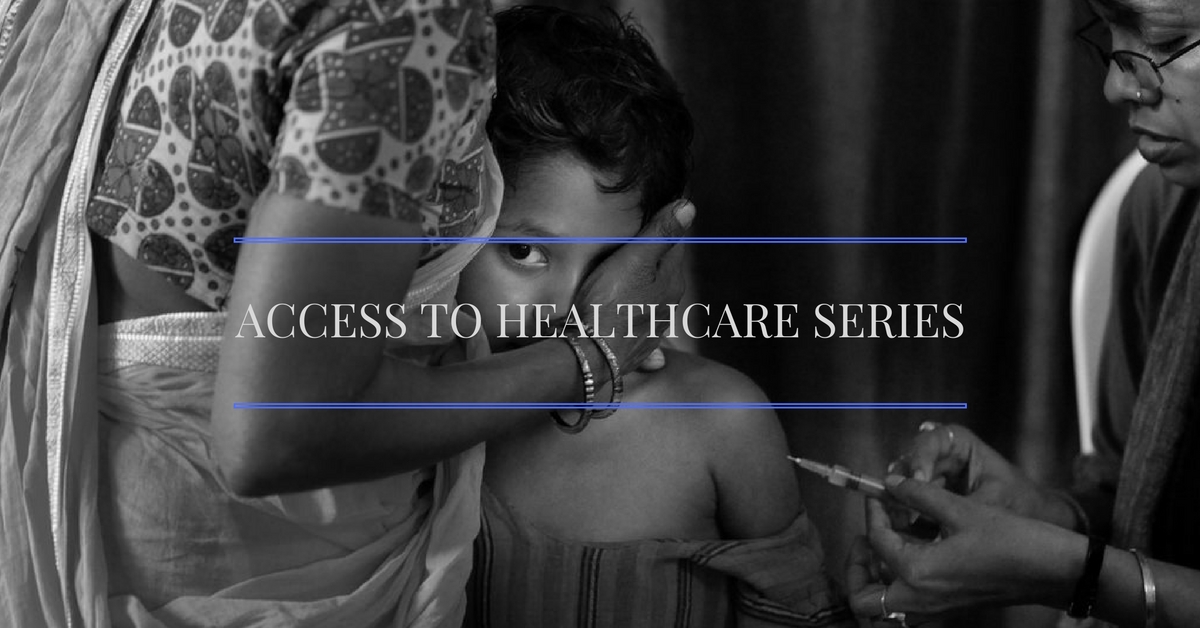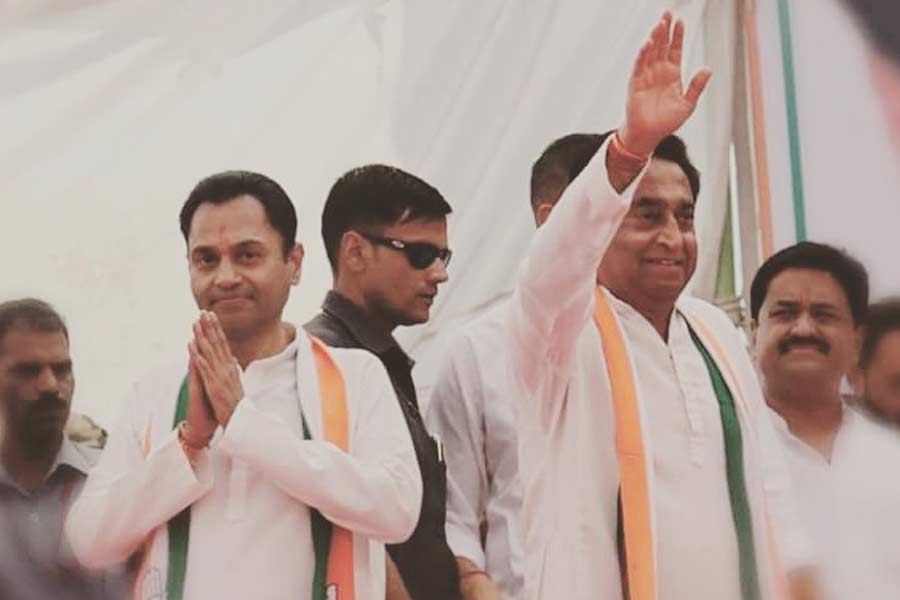This is the third under a series of articles The Kochi Post is running on access to healthcare and the second part of Dr. Jimmy’s column on universal healthcare.
From the experience across the world, it is clear that providing universal healthcare as per demand is not working. The richest countries find it a big task. This is what I have tried to highlight in my last article.
Why is that? The reason is the enormous incremental advances in the standard of medical care over the past few decades. Technology brings more benefits, professionals are better skilled, and medicines are more effective. Costs rise exponentially. But the relation between cost and benefit is not linear. That means, a hundred per cent increase in cost doesn’t lead to a hundred per cent increase in benefits. This may happen very rarely. But most of the time, what happens is that a particular improvement in treatment may double the cost. But the benefit may rise only by five per cent or so. But in healthcare, the older treatment is outdated.
The worst part is that the standards of care are dictated by advances in the field that occur in the richest parts of the world. The poorer countries are forced to follow.
Is there any way out? I am not an expert in public health. But let us look at some aspects of it.
Right now, we are spending just over one per cent of our GDP on healthcare. Many European countries spend five to even up to ten percent on it. We should at least aim for three to four per cent in India.
How do we spend this money? And how do we make it efficient? I don’t know. There are no magic solutions. Still, there are some things that are clear, looking from our own State.
Currently, the public health system with primary health centres, community health centres and going up to the district hospitals exist in Kerala. Then there are the government medical colleges. The infrastructure can be improved and primary health centres should probably concentrate mostly on preventive healthcare and some basic care that should be absolutely free.
The present system of transfers is not helping at all. If each district is a semi-autonomous unit, appointments can be made to that district specifically. The top posts, including that of the district medical officer should be given to a person based on merit, who still has got ten to fifteen years of service left so that he can make a difference. The appointment should be reviewed every three years or so. If the person performs satisfactorily as per strictly laid out criteria, he can continue. Otherwise he has to be replaced. That is, there should be stability, autonomy and accountability in the system. The challenge will be to prevent political appointments, nepotism and high-handedness. But sufficient authority should be given. Asking for too much? Well, the autonomous institutes like Regional Cancer Centre (RCC), Malabar Cancer Centre and Sree Chitra Institute work like this. They work reasonably well, and they can give pointers to what works and what doesn’t.
The same model goes for medical colleges. Autonomy is a must. When we criticise autonomy we are forgetting the cardinal principles for efficiency – stability, enough autonomy, accountability and incentive. Seeing one’s efforts rewarded over a ten-year period by making a department, institution or district better in your area of expertise is incentive enough. Without these, nothing works. There are fewer advantages in the present system of frequent transfers, little accountability, no incentive, and frustrating lack of resources when one has to face the public’s expectations with no security or system in place.
Everybody’s business is nobody’s business.
Examples of places where the system has worked demonstrate this. Malabar Cancer Centre has a director who has made it into a good institution. He has been there from the start. He must be having enough autonomy and authority. The cardiac surgery department of Kottayam Medical College that did Kerala’s first heart transplant in the public sector is another case in point. The department chief is young, has been there for past fifteen years, and is committed to excellence. How would it have been possible if he was shunted from place to place every three years?
The District Hospital in Kochi is another example. Dr. Prabhu who works among Adivasis in Attappady is another notable one. What will happen if he is replaced by someone who is actually interested in working only in a big town? One can argue that there will be no one who wants to work in remote villages. This can be overcome by making transfers only within a district, so that at least the family can be stable in the chief town of the district. Appointments directly to each district will alleviate the problem to an extent. Additional incentives can be given to people who are appointed to not-so popular districts.
To make sure that the system works well, we have to have our own standards of care. We cannot follow whatever is followed in the West. This should ensure that ninety per cent of the disease load can be managed at district hospital level without indiscriminate referral to higher/private centres.
And finally, we should be able to harness our flourishing private system. The only way to do that is to create insurance/package payments for specific diseases or procedures and give it as a lump sum payment for each poor patient treated and make sure that a specific percentage of each procedure performed in such hospitals are for them. Some similar system is already in place in States like Tamil Nadu and Karnataka.
To conclude, all health needs of all people in the country cannot be given for free. It is an impossible idealisation. Some payment can be there for patients who can pay even in government set-ups for tertiary care, as it is happening in institutes like RCC. Autonomy, stability with absence of frequent transfers, accountability, direct appointments to top posts, and the right incentive system is mandatory.
There are no magic fixes and as I am no expert, I your invite comments on the same.
Jimmy Mathew is a doctor-writer based in Kochi who blogs at healthylifehappylife.in
Main photograph by Calcutta Rescue via Flickr.

